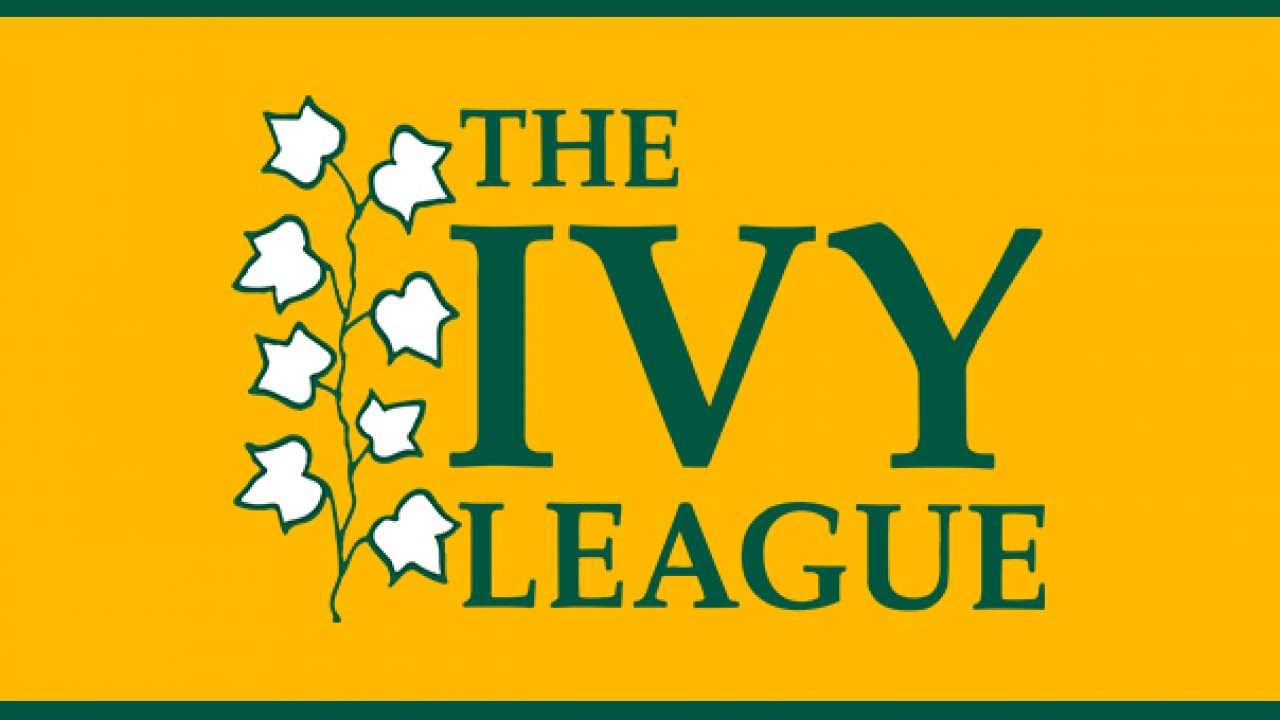How often have you heard this narrative? A hardworking student pushes through school for thirteen years, taking all the advanced and honors classes they can, doing well on exams, captaining varsity sports teams, leading clubs and community service organizations, and their parents spending a fortune on tutoring and extracurricular activities. All this, with the end goal of getting into a coveted ivy league college. The brand name is criminally appealing, the school has everything they want, the look of the name on a sweatshirt to flaunt in public almost seems too bliss to be a reality; because it is. Said student gets rejected from dream school, further lowering the school’s acceptance rate, adding to the vicious cycle of reverse psychology in future graduating seniors; the lower the acceptance rate, the higher the hopes of getting in.
It’s not an uncommon occurrence. We see a similar story with a great number of high school seniors every year, getting their dreams crushed by their very aspiration to go to a prestigious school. According to a recent article by The Atlantic, high-achieving seniors fear rejection to an Ivy League school, thinking it will diminish the “smart kid identity” they’ve held up for so long.
The idea of concealing the “smart kid” identity so many high schoolers resonate within receiving an acceptance letter from these schools is overwhelming. Applicants are so sought out for being granted entry to a brand name school that they let it consume them, taking over their persona and ultimately crushing them when they are denied.
The student in question from that same article sent in an anonymous letter about their own rejection story, saying they instantly cried when they got denied, feeling as though everything they had worked for and accomplished over the years meant nothing, despite the outlook that their second choice was where they were meant to be.
This is undoubtedly an unhealthy mindset that rests in the heads of so many otherwise high achieving, intelligent students. They feel so inclined to aim high because they feel they’ve earned a well-deserved spot at these schools with acceptance rates below ten percent that their accomplishments feel obsolete at the end of the day when they learn they can’t go. It creates a sense of shame when they end up settling for their second choice school, often a state university or smaller, less prestigious college that they received merit to attend. However, is it really such a bad thing?
According to a 2011 CBS Article students rejected from high caliber universities, were banking the same average earnings as Ivy League graduates. A rejected Yale applicant who ended up attending Miami University or Tulane would earn as much, on average, as a Yale grad.
Although the factors of majors, employment, and debt aren’t counted in, the fact of the matter is, you don’t need an Ivy degree to succeed and make a decent salary. Furthermore, in regards to all those kids who were forced to settle for local state schools, they are in better shape when it comes to carrying debt after they graduate. To compare, the average debt of a Binghamton University graduate as an in-state resident of New York is approximately $30,000. Compare that to the average debt of a Columbia University after graduation, up to $120,000.
But how much bang are you really getting for your buck? Are these college admission boards taking into account the proper requirements of their applicants? According to the Atlantic, legacy applicants will be admitted anyway, making up 3.5 percent of the freshman class at Johns Hopkins.
What this means is that college admission officers definitely take into consideration the donors backing an applicant versus their actual credentials. This was proven to be even worse than initially expected during the 2019 College Admissions Scandal, dubbed “Operation Varsity Blues” when the rich and famous bribed colleges such as the University of Southern California, Yale, and Stanford with up to $500,000 for their children to get into top tier universities. Furthermore, parents paid people to take admission exams in place of their children, also claiming their kids participated in sports they took no part in during high school. What does this say about these high-ranking, dreamy schools so many would kill to attend? How much do they really value their student body and applicants if it takes the top 1% of the population to wave some hundred-thousands in their face for entry? If anything, it devalues the honorary and steep price of a degree from a top school.
There is a disconnect between the desire for so many high school students to go to their dream school and what that actually entails. Years of hard work, persevering, and achieving to be left with either bitter rejection, or years of six-figure student debt to make a standard salary they could have obtained with a state school degree? And anyway, it just further plays into the idea that these universities are anything they crack themselves up to be; which is the same kind of corrupt institution seen in government and toxic industries. So when you hear stories of these superstar students left heartbroken by their dream schools, is it really worth all the tears, or did they just dodge the bullet of reality? The reality that these “dream” schools are just waking nightmares.
